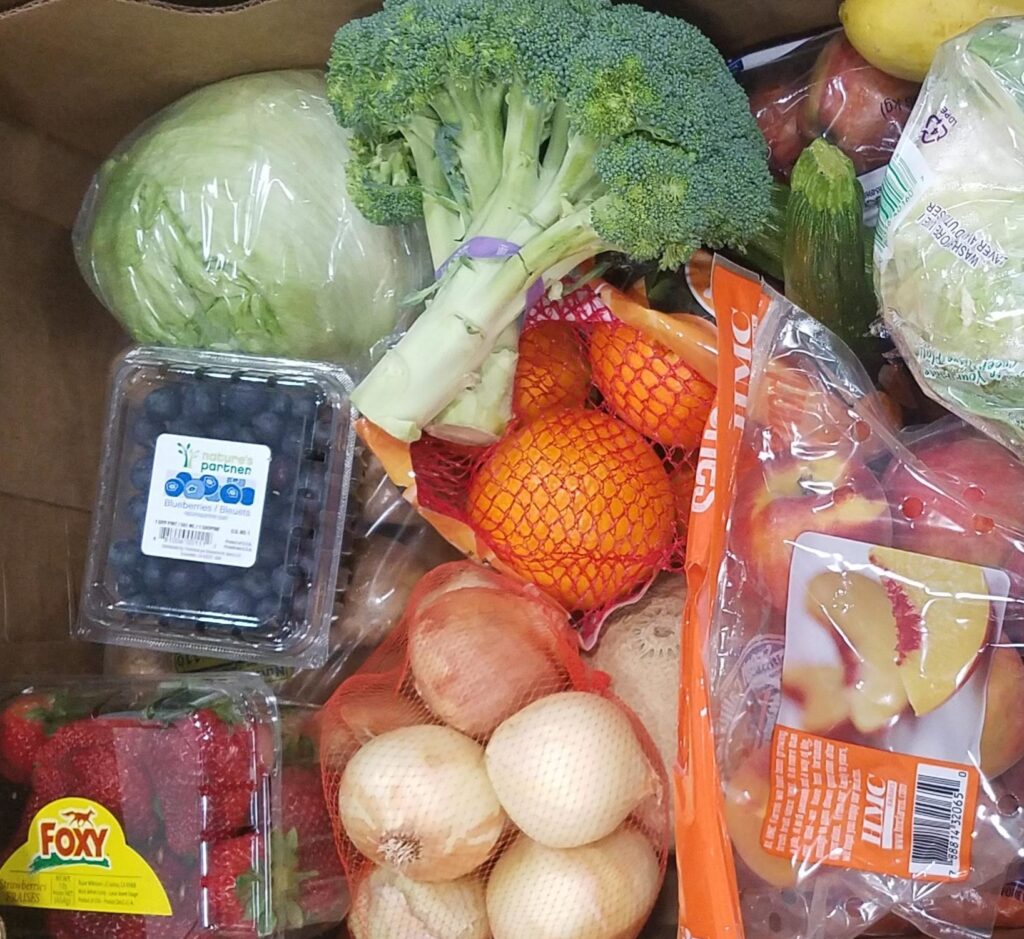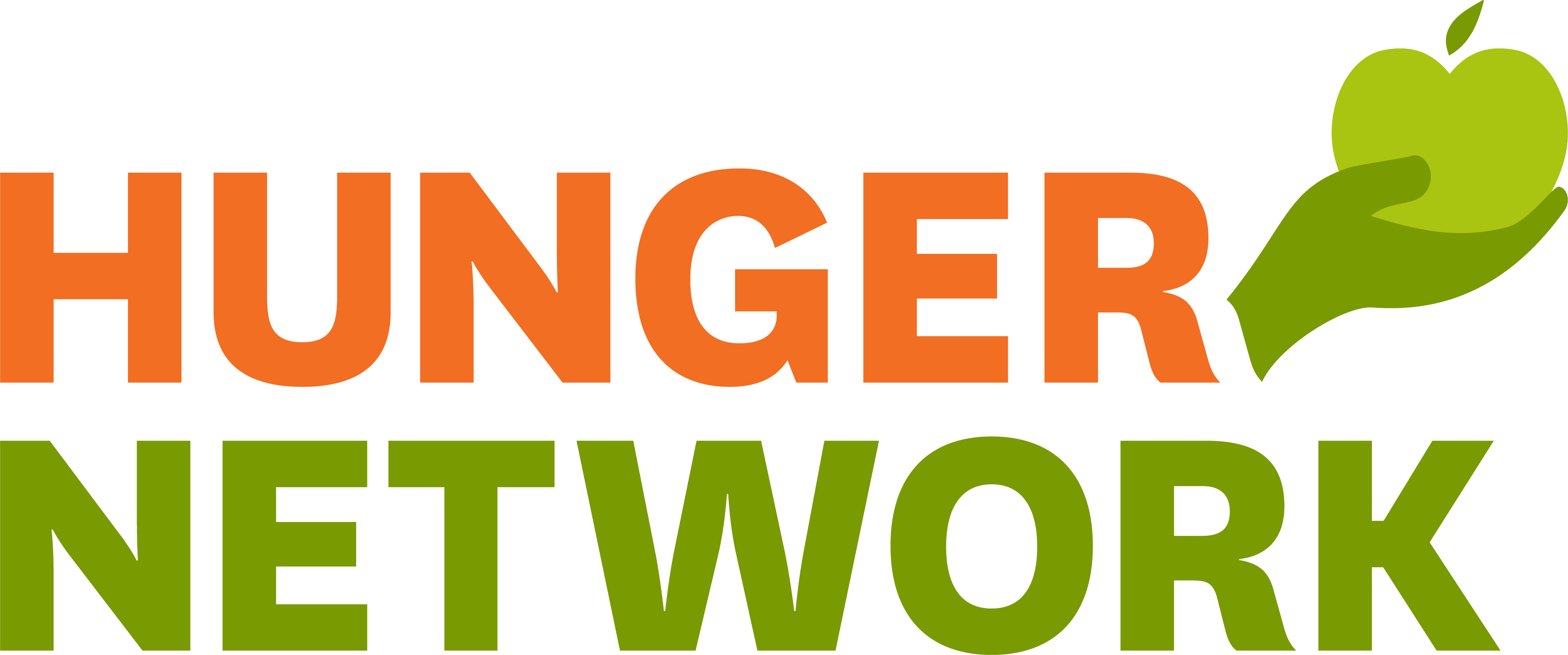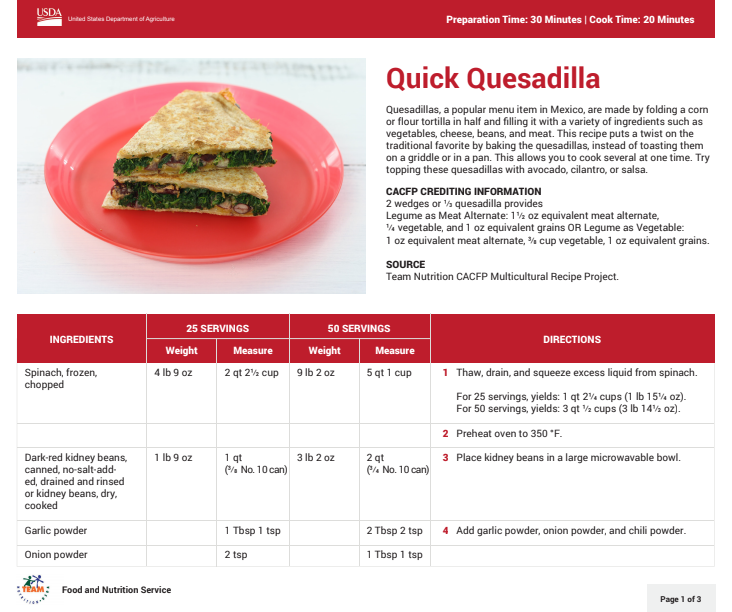Nutrition Guidelines for Charitable Food Systems
Overview
Cuyahoga County has a number of shelters, soup kitchens, food pantries, after-school programs, and recreation centers that are committed to providing meals to those in need. However, there is no unifying policy or organization that regulates the administration of meals in Cuyahoga County for all of these different sites. There are no base nutrition guidelines. With such a high risk for nutrition deficiency in populations that depend on charitable food, it is recommended that Cuyahoga County meal providers be united under food service guidelines (FSGs), as they have shown promise in other communities.
Under the CDC-REACH initiative with HIP-Cuyahoga, the PRCHN is working with local supportive housing, food pantry and congregate meal sites to address these gaps and provide resources to implement food service guidelines.
Why is this important to our community?
For many in our community, access to fresh produce and other healthy items is not easily attainable. Through emergency food assistance programs, help can be received, but it is not regulated to be the best for the health and well-being of the individuals in Cuyahoga County. This intervention aligns with our mission to prevent and reduce the burden of chronic diseases in a sustainable way.
Project Goals
Working within and across the three following areas, our main goal is to strengthen the connection and availability between charitable food systems and nutritious foods. Below are the specific activities under each area:
Food Pantries
- Establish behavioral design systems to promote healthier options inside choice pantries
- Create action plans to prioritize changes inside food pantries who are interested in adopting and implementing behavioral design systems and nutrition standards
- In partnership with Hunger Network Food Rescue, utilize food recovery efforts and partnerships with specialty grocers to increase access to culturally appropriate foods within the local charitable food system.
Supportive Housing
- Standardize menu cycles to ensure consistency in serving sizes and food preparation, thus promoting a meal plan that is consistent in carbohydrates, which is beneficial for guests with diabetes and prediabetes.
- Use MyPlate principles to educate both food service staff and supportive housing residents on healthy meal patterns.
Congregate Meal Sites
- Improve the nutrition guidelines for clients of congregate meal sites/
Across all three areas, the PRCHN will work with community partners and their sites to provide technical assistance in adapting and implementing healthy nutrition standards and food service guidelines.
Timeline & History
- Year 1 (2018-2019): We spent the first year of the grant exploring and assessing the most feasible and responsive venues to establish Food Service Guidelines. Instead of focusing on vending machines, workplace wellness, or recreation centers, the PRCHN chose to work within the charitable food system such as food pantries and hot meal sites and extending into supportive and emergency housing centers.
- Year 2 (2019-2020): The second year was spent solidifying our partnerships and strategy areas with local partners. Site assessments and stakeholder interviews were conducted to navigate how to move forward. Additionally, in March 2020, our work shifted to meet the changing landscape as a result of the COVID-19 pandemic. We developed a best practices and guidance toolkit for pantries and hot meal sites, conducted provider surveys to better understand the impact of COVID-19 on these food & resource outlets, and created a number of nutrition resources for our partners to share. We also developed summaries of the COVID-19 Impact surveys to provide insight on system efficiencies and adaptations pantries and hot meal sites have had to make.
- Year 3 (2020-2021): The REACH team utilized food pantry site assessments to understand capacity constraints and operations at pantries, with a focus on prevalence and variety of choice food pantries compared to non-choice, or traditional food pantries.
- Year 4 (2021-2022): Year 4’s REACH work centered on the development and distribution of nutrition standards specific to the local charitable food system. Individualized recommendations and resources were distributed to partner food pantries, with an emphasis on addressing capacity constraints and increasing opportunities for patrons to self-select their groceries and nutrition education. A compilation of these personalized suggestions were then used to develop nutrition and behavioral design appropriate for any pantries within the county. The guidelines are broken down into subcategories, such as Nutrition Education and Patron Choice, and provide varying levels of implementation. Finally, SWAP, or Supporting Wellness at Pantries, a food ranking system, was implemented at a choice pantry in Cleveland, with continued promotion elsewhere.
- Year 5 (2022-2023): Efforts to establish nutrition standards within the local charitable food system continue to focus on implementing SWAP. In order to better understand how to facilitate pantries in implementing SWAP, the REACH team is conducting focus groups with the goal of understanding the perceived facilitators and barriers to establishing this nutrition initiative within pantries of varying sizes and capacities. The food service team is also developing a comprehensive menu cycle for our supportive housing partners, which involves standardization of recipes and portion sizes to help provide residents with balanced meals that are a part of a consistent carbohydrate meal plan. Through the use of food recovery, we have introduced efforts to increase access to culturally relevant foods within the local charitable food system.
Resources
Infographics
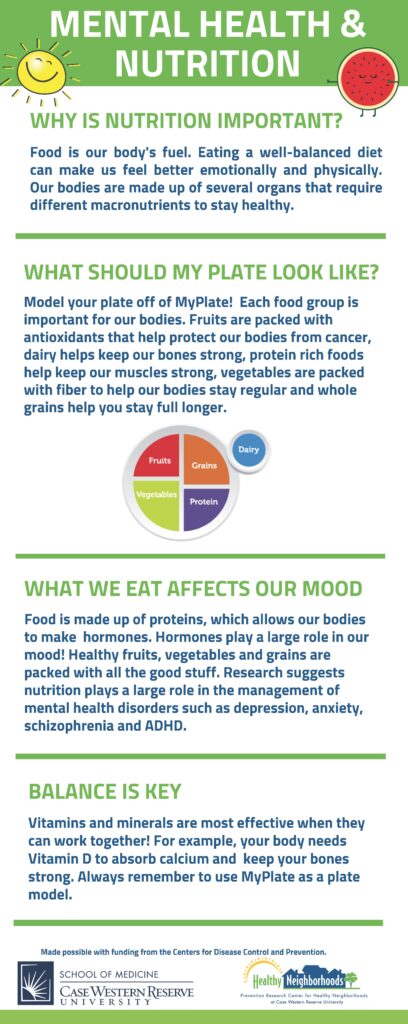
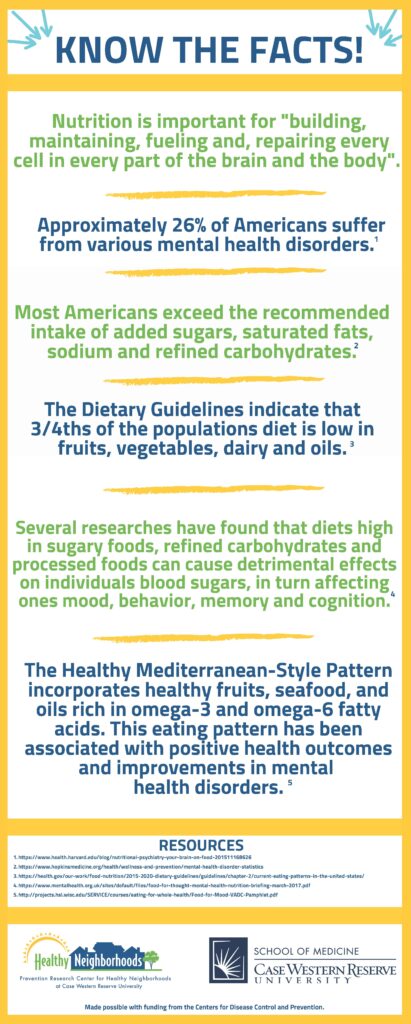

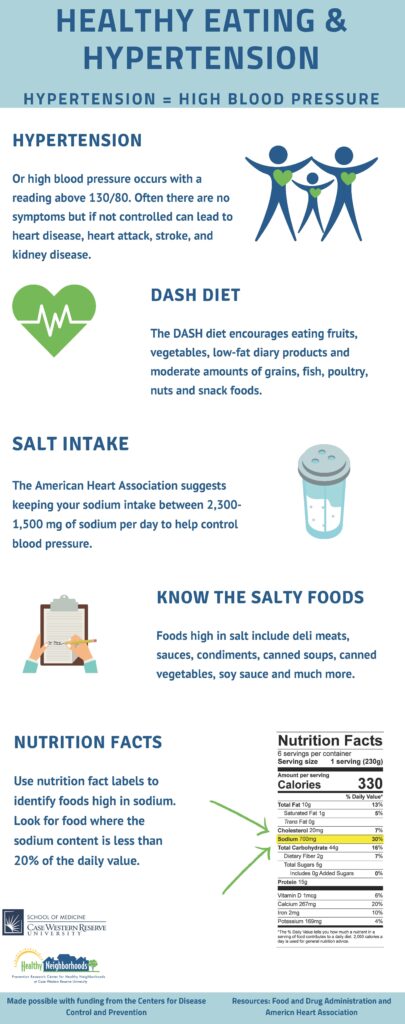
Recipes
We have packaged USDA Bulk Standardized recipes for kitchens, hot meal and congregate meal sites to use. Find more here.
For more information, please contact Erin Ogden at exo84@case.edu
This work is funded by the Centers for Disease Control and Prevention.

